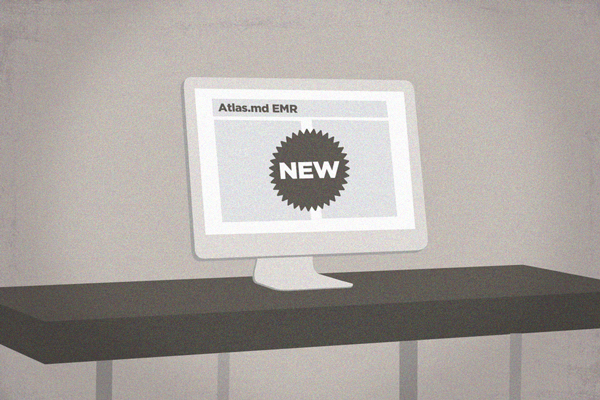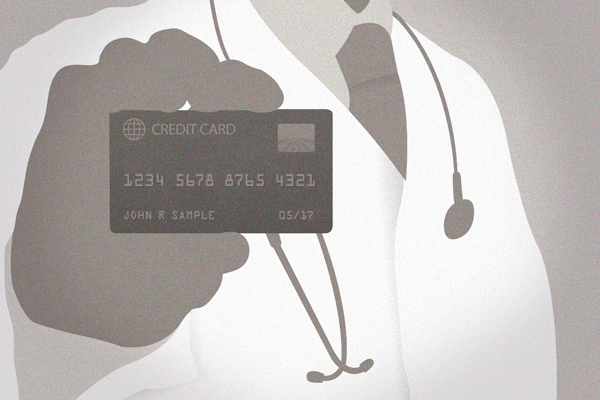
It’s a simple truth: nobody wants to feel burned out. Nobody wants to lose their passion, feel like a failure at their career of choice, or feel like nothing more than a cog in the wheel. But that’s exactly what 50% of physicians in internal medicine are experiencing, according to a new study published by Medscape. Many of you reading this know the feeling first hand, which is what lead to you to Direct Care to begin with. But fifty percent? That burnout rate is higher than the rate of other U.S. workers… So what’s the deal? Why internists?
Among the 26 specialties surveyed by Medscape, “internal medicine faces the highest combination of prevalence and intensity of burnout,” Dr Hood pointed out. He speculated that this may be an unfortunate byproduct of “a high idealism among internists, who not only chose what they wanted to do in their professional lives but accepted doing this work knowing that they were accepting a lower relative evaluation of their services, economically and noneconomically.
“Idealism,” Dr Hood noted, “can predispose for disappointment, particularly when the locus of control is outside that of the physician.”
Time is also to blame for such a high burnout rate. This is ironic, because in DPC, time is the very thing that breathes life back into medicine. But the traditional healthcare environment fosters a “hot but slow burn. The endless flow of forms grinds physicians down.” Plus, as the task of certificate maintenance is adjusted for a higher level of difficulty, it only “adds fuel to the fire.”
When you look at it that way, it kind of makes sense. You put up with the “stress, depersonalization and emotional exhaustion” for years and years – by the time you call it quits you can’t cut into your retirement cake fast enough, right? Wrong. Internists don’t have to wait until retirement to hit the brick wall of burnout. It’s happening to docs 35 years of age and younger. That astronomical fact is mind blowing because by the time you graduate from med school and complete your residency, that’s barely enough time to get your feet wet in the real world before you’re ready to throw in the towel! What makes sense now is that aspiring internists are thinking twice before jumping in at all.
The Real Burnout Villain
It’s true, internists have a lot working against them right off the bat. One internists lays it all on the line:
“What’s going wrong? Really? How about what’s not going wrong? Insurance companies playing doctor; federal and state lawmakers who openly junketeer on insurance and pharma dollars, then pass legislation that blatantly benefits those industries; federal agencies and private certification bodies that actively engage in racketeering practices targeting physicians; and a general public that thinks Dr Oz is the bee’s knees.”
That sounds like enough to send someone running in the other direction. And if it weren’t for their innate, undeniable, inherent desire to help others, many probably would. Even that sentiment is being shoved under the rug, as more and more healthcare professionals observe that patient care doesn’t really matter anymore.
Let The Light Shine!
It’s time for a little optimism here. Burnout is depressing, something we’ve all admitted we want to avoid, right? Well thank the stethoscope gods there’s a way. In fact, one of the internists Medscape interviewed put it quite succinctly.
“The most effective way to combat job burnout is to quit doing what you’re doing and do something else, whether that means early retirement or changing careers.”
Now, we happen to think your talents should not go unused, which is why it’s a good idea for you and your career to spend a little time in counseling together before you part ways. That passion is still there. You still want to help people. You still care about others. Getting back to the solution to burnout… Direct Care is waiting with open arms. This business model wants you to succeed. It urges you to spend more time with your patients. It implores you to run an in-house pharmacy and handle your own billing. It desires your happiness and the happiness of your patients. It welcomes your intense attention to personalized care. It rewards you for doing what you always wanted to do in the first place.
We hate to admit it – burnout is real. But it doesn’t have to be the end. In fact, it’s really just the beginning…






